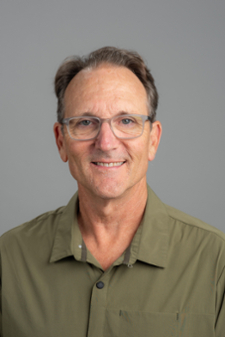
Al Schademan, PhD
Director/Professor
- Email: aschademan@csuchico.edu
- Phone: 530-898-6421
- Location: Tehama 101
Education
Ph.D. in Curriculum and Instruction, University of Rochester
M.A. in Teaching and Learning, University of Utah
B.S. in Biology, Pennsylvania State University
Teaching and Research Interests
Dr. Al Schademan is currently an Associate Professor in the School of Education at CSU Chico. He is a science educator, the Single Subject Program Coordinator, and the Director of the Chico Rural Teacher Pathway. He has served as project director for grants from the California Employment Development Division, the David and Lucille Packard foundation, the Walter S. Johnson Foundation, and the Bechtel Foundation. His work and research focus on issues of social justice including improving science education for diverse students, improving retention rates and education contexts for first-generation, low-income (FGLI) college students, and diversifying the teaching profession. He has published articles in a variety of education journals. He earned his doctoral degree in Teaching and Curriculum from the University of Rochester and his master’s degree in Teaching and Learning from the University of Utah. Before his graduate work, he taught life, environmental, and earth science for eight years in both public and private schools.
His research interests focus upon the learning and development of scientific modeling and model based reasoning as youth engage in cultural practices. The research is grounded in cultural historical activity theory and theories of social and cultural practice. The research is designed to confront deficit notions of youth from non-dominant groups and to inform science educators seeking to build upon significant and relevant forms of knowledge that students learn though everyday practice and bring with them into classrooms. His research also focuses upon FGLI college students and the faculty that serve them effectively.
As a science educator, he has taught science methods to both elementary and secondary teacher candidates for the past seven years. He teaches primary and secondary science pedagogy and the fundamentals of effective teaching practice. His coursework focuses upon teaching science through authentic inquiry, model-based instruction, and argumentation. The focus of these approaches is to engage students in deep conceptual understandings of science phenomena through direct experience, collaboration, and modeling.
Curriculum Vitae

